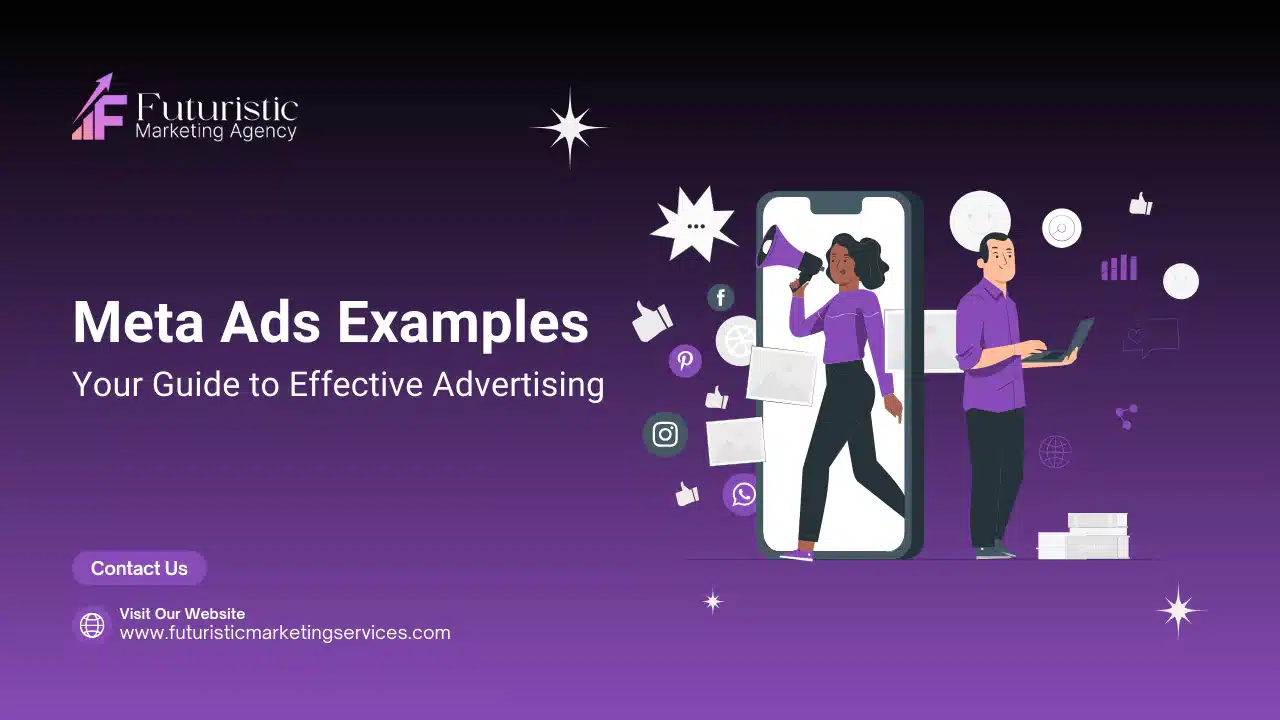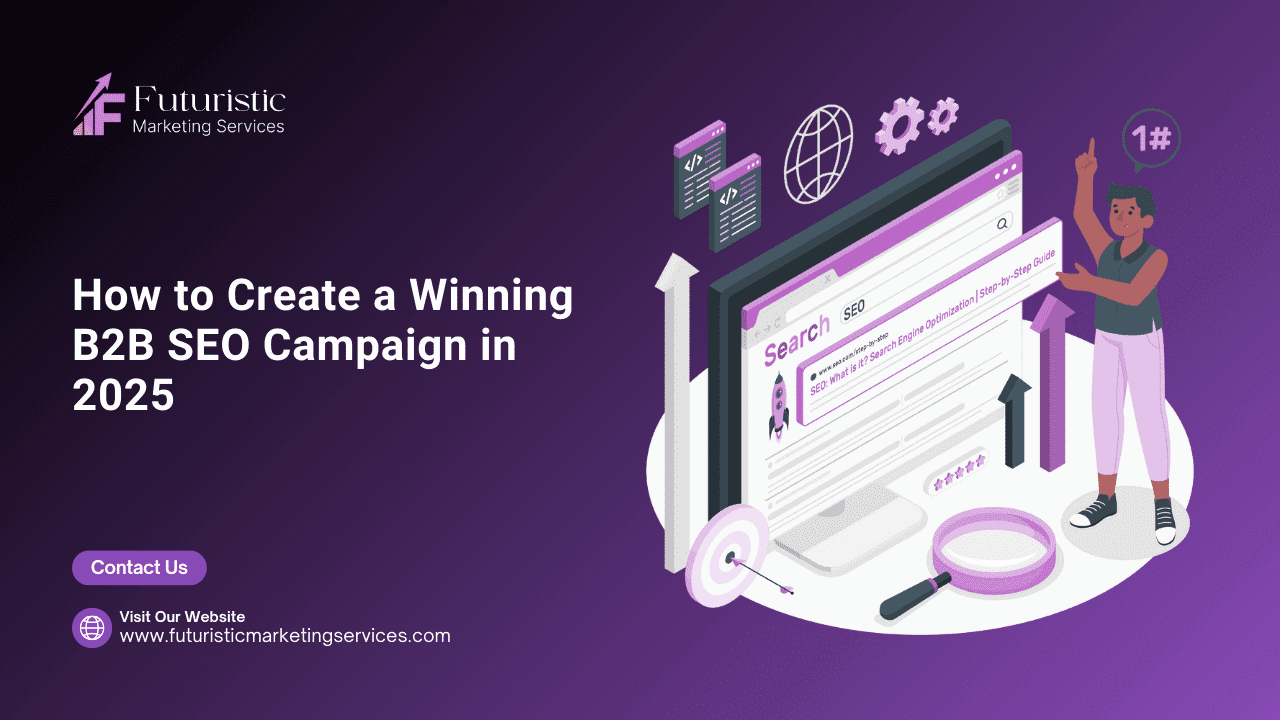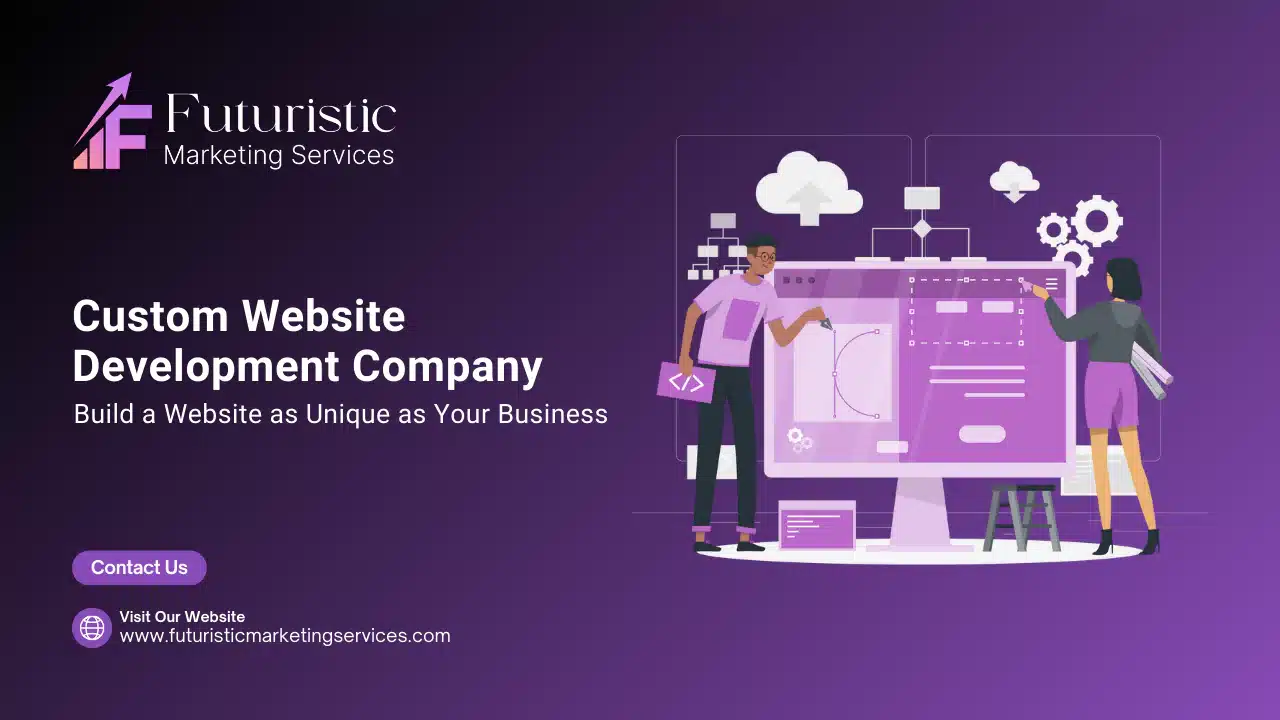Meta ads have evolved into a cornerstone of digital marketing, offering unmatched reach and engagement across major platforms like Facebook and Instagram. This comprehensive guide will walk you through the essentials of Meta ads, including their benefits, types, best practices, real-life case studies, and common pitfalls to avoid. By the end of this guide, you will be well-equipped to leverage Meta ads to elevate your marketing strategy.
What Are Meta Ads?
Meta ads are paid advertisements displayed on platforms owned by Meta (formerly Facebook Inc.), such as Facebook and Instagram. These ads are designed to captivate users, boost brand visibility, and drive specific actions such as website visits, app downloads, and purchases. What makes Meta ads stand out is their advanced targeting capabilities, allowing advertisers to pinpoint audiences based on demographics, interests, and behaviors. This precision targeting ensures your message reaches the right people at the right time.
The importance of Meta ads in digital marketing cannot be overstated. With over 3 billion monthly active users across Meta’s platforms, businesses have an expansive audience to tap into. According to a study by eMarketer, brands leveraging Meta’s data-driven tools report substantial returns on their ad spend.

Benefits of Using Meta Ads
Enhanced Targeting Capabilities
Meta ads are renowned for their sophisticated targeting features. Advertisers can create custom audiences based on extensive user data, ensuring their ads reach individuals who are most likely to engage. This targeted approach maximizes marketing budget efficiency and boosts conversion rates. For an overview of audience targeting, see our Facebook ad strategies guide.
Cost-Effectiveness
Compared to traditional advertising channels, Meta ads offer cost-effective solutions that allow businesses to set daily or lifetime budgets tailored to their needs. This flexibility empowers businesses of all sizes to manage ad spending without compromising on reach.
Performance Tracking and Analytics
Meta Ads Manager provides comprehensive analytics to track impressions, clicks, conversions, and other key performance metrics. This data-driven approach allows marketers to make informed adjustments, enhancing ad performance. For additional tracking tools, integrating Google Analytics can provide deeper insights.
Types of Meta Ads
Image Ads
Simple and effective, image ads use a single, high-quality image paired with compelling ad copy. Ideal for straightforward promotions and brand awareness, these ads should grab attention with clear visuals and direct messaging.
Video Ads
Video ads enhance user engagement through movement and sound, making them perfect for storytelling and showcasing product features. Short videos of 15-30 seconds often yield the best results, as they align with the quick-scrolling habits of social media users.
Carousel Ads
Carousel ads allow advertisers to showcase multiple images or videos within a single ad, each with its own link and headline. This format is excellent for highlighting different product features, showcasing various products, or telling a story in a sequence.
Collection Ads
Designed for mobile users, collection ads feature a cover image or video followed by several product images. When users interact with the ad, they are taken to a full-screen experience powered by Meta’s Instant Experience. This format is particularly effective for driving sales.
Slideshow Ads
A budget-friendly alternative to video ads, slideshow ads combine images, text, and audio to create a looping video effect. They are easy to create and require fewer resources, making them a great choice for smaller budgets.

Best Practices for Creating Effective Meta Ads
Crafting Compelling Ad Copy
Your ad copy is the voice of your campaign, and it needs to be compelling and tailored to your audience. Address their needs, desires, and pain points. For instance, if your audience values fitness, highlight product benefits that align with their lifestyle.
Utilizing Strong Call-to-Actions
A clear and motivating CTA is essential for encouraging user action. Use phrases like “Shop Now,” “Sign Up Today,” or “Learn More” to prompt immediate engagement. A well-crafted CTA can significantly improve your click-through rate.
Designing Visually Appealing Ads
The visual element of your ad is critical in drawing attention. Ensure your images and videos are of high quality and relevant to your content. Consistent use of branding elements, such as logos, colors, and fonts, reinforces brand recognition and trust.
Importance of High-Quality Images
Using low-quality or unrelated images can hurt your ad’s performance. Always select high-resolution images that support your message and enhance the overall appeal of your ad.
Consistent Branding Elements
Maintaining consistent branding helps create a recognizable identity for your audience. This includes using the same color scheme, typography, and logo placement across all ad creatives.
Implementing A/B Testing
A/B testing is essential for discovering which ad variations work best. By running multiple versions with slight changes to headlines, images, or CTAs, you can identify what resonates with your audience. Monitor the results using Meta Ads Manager and make data-driven improvements.
Analyzing Performance Metrics
Regular analysis of metrics such as impressions, clicks, CTR, and conversions is crucial for optimizing ad campaigns. Tools like Google Analytics can complement Meta’s analytics for a more in-depth look at your ad performance.
Case Studies: Successful Meta Ad Campaigns
E-commerce Brand’s Success Story
An e-commerce brand aimed to increase traffic and sales through carousel ads. The campaign included high-quality product images, clear CTAs, and targeted audiences who had previously shown interest in similar products.
- Campaign Objectives: Boost brand awareness and drive traffic to the online store.
- Strategies Implemented: Visually appealing carousel ads with product benefits highlighted in the copy.
- Results Achieved: A 30% increase in traffic and a 15% boost in sales within the first month.
Service-Based Business Growth
A digital service provider used video ads featuring client testimonials to build credibility and generate leads.
- Campaign Objectives: Establish trust and attract new customers.
- Strategies Implemented: Short, engaging 30-second videos showcasing satisfied clients.
- Results Achieved: A 50% increase in customer inquiries over two months.

Common Mistakes to Avoid in Meta Advertising
Overlooking Audience Segmentation
Not segmenting your audience can result in irrelevant ads being shown to users who are unlikely to engage. Ensure your content is tailored to specific audience groups for maximum effectiveness.
Neglecting Mobile Optimization
With most users accessing Meta platforms via mobile, ads that aren’t optimized for mobile can lead to poor user experiences and lower engagement. Ensure your ad creatives are mobile-friendly for optimal results.
Ignoring Performance Data
Failing to track your ad’s performance data can lead to inefficient spending and missed optimization opportunities. Regularly review your data to identify what works and what doesn’t.
Future Trends in Meta Advertising
Integration of Augmented Reality
AR ads are gaining traction as a way to create interactive, engaging user experiences. Brands use AR technology to let users try on products virtually or see how products fit into their lives.
Increased Personalization
Personalized ads continue to outperform generic ones. As technology advances, expect even more targeted, personalized ad experiences tailored to user behaviors and preferences.
Emphasis on Privacy and Data Security
As data privacy regulations become stricter, it’s essential to adapt your advertising strategies to maintain compliance and build user trust. Transparent data usage will be a key factor in future advertising success.
Conclusion
Meta ads offer unparalleled opportunities for businesses to reach their target audiences, boost engagement, and drive conversions. By understanding different types of Meta ads, following best practices, and avoiding common mistakes, you can create successful ad campaigns that deliver impressive results. Stay informed about emerging trends and continue to optimize your strategy for long-term success.
To expand your digital marketing knowledge, explore our digital marketing resources and start implementing these strategies today.








